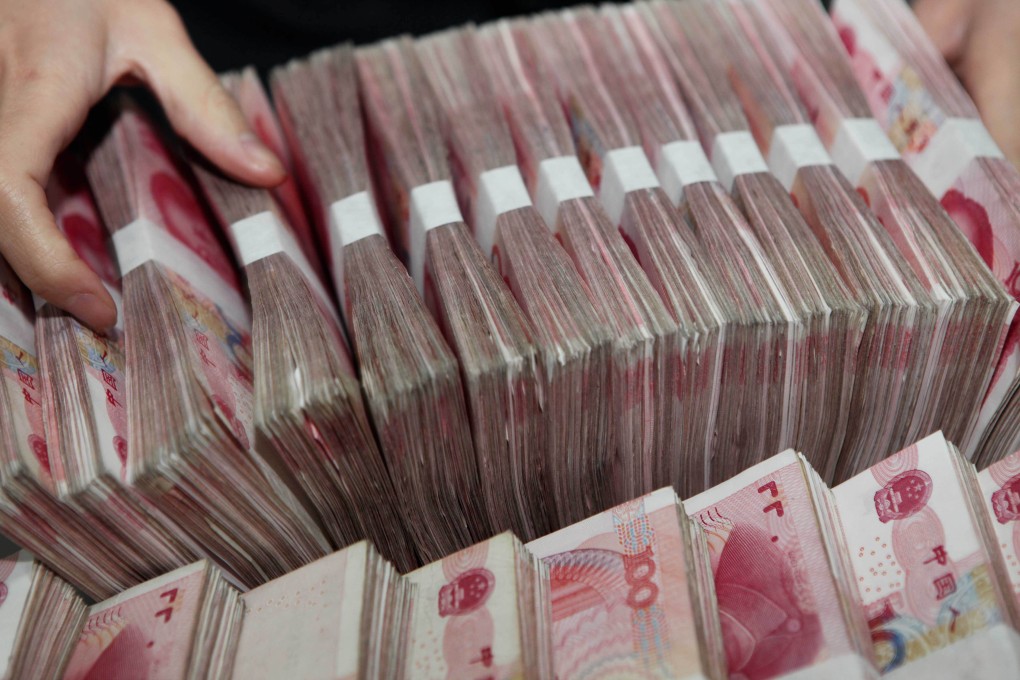Portfolio | Trillions of yuan to flow into China interbank bond market amid relaxation

Another three trillion yuan (HK$3.8 trillion) worth of reserve money is expected to flow into China’s bond market over the next three to five years and one in 10 central banks around the world is expected to hold yuan-denominated debt as Beijing opens up the debt market, according to a report by Deutsche Bank.
The impact of regulatory change is so far limited, given the utilisation rate of the current quota allocated to foreign investment managers is low. But in the longer term, the world’s third biggest debt market could see a sharp increase of foreign investor participation, Deutsche Bank strategist Linan Liu says.
On July 14, China’s central bank removed the investment quota requirement on foreign central banks, supranational financial institutions and sovereign wealth funds. Meanwhile, the lengthy application process has been discarded and a foreign reserve manager need only submit a filing of their investment plans to the People’s Bank of China.
Foreign reserve managers can trade all fixed-income products available in the interbank bond market including cash bonds, repurchase agreements, bond borrowing and lending, bond forwards, and interest rate swaps. The only product currently not available is bond futures, which trade in China’s Financial Futures Exchange.
The onshore market is estimated at about 35.3 trillion yuan as of the end of May, the central bank’s latest data said, with government bonds accounting for about 30 per cent of the total outstanding.
“We understand about 600 billion yuan worth of quota has been granted to foreign monetary authorities, although actual investment is around 60 per cent of the approved quota. In other words, the current quota is non-binding, which reflects the near-term practical constraints such as the time it takes to grow the market knowledge, the liquidity condition in the market relative to reserve demand, etc,” Liu said in a note to clients.
However, in the longer term, foreign reserve managers are expected to potentially hold up to 5 per cent of China’s domestic bond market over the next three to five years, Liu said.

